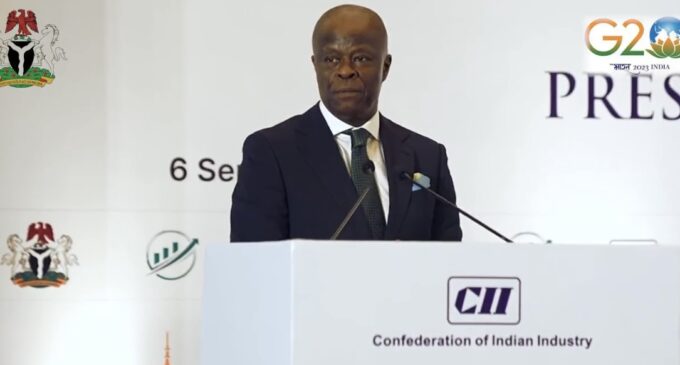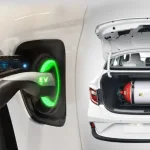Nigeria’s Finance Minister, Wale Edun, has advocated the widespread adoption of Compressed Natural Gas (CNG) as a measure aimed at slashing petrol costs by half. He said this during the launch of the Nigerian Banking Sector report by Afrinvest in Lagos on November 14.
Edun represented by Dr. Armstrong Takang, the Managing Director of the Ministry of Finance Incorporated (MoFI) emphasized the difference in costs between CNG and Premium Motor Spirit (PMS), saying, “When you look at the price of CNG versus PMS, it ranges from half of it and sometimes it comes down to a quarter of what it costs to run on PMS.”
Join our WhatsApp ChannelAddressing the audience, he outlined the strategic importance of transitioning to CNG, citing its economic benefits for both households and businesses. “We believe that given that we are a gas nation and gas is cleaner than PMS, if we aggressively move in that direction, it can have a significant impact on the cost of not only fueling our vehicles but mass transit, as well as factories that run on fuel and diesel.”
The administration, led by Tinubu, is actively pursuing the adoption of CNG as a cost-effective alternative to PMS following the removal of subsidies that affected petrol prices, which now stand at N640 per liter in Abuja and over N685 in Kano and Sokoto states.
In a bid to actualize this shift, the Nigerian National Petroleum Company Limited (NNPCL) has partnered with Nipco Gas Limited to establish CNG stations nationwide. These stations, once operational, aim to cater to over 200,000 vehicles daily, significantly slashing fuel costs for Nigerians and transportation expenses.
The NNPCL has announced plans to construct 35 state-of-the-art CNG stations in the country, with three designated as Mother stations.
The initial phase, encompassing 21 CNG stations, is expected to support intra-city transportation by the first quarter of 2024. Subsequently, the second phase, comprising 35 stations, will focus on inter-city transit and is set to be operational by late 2024.
To further expand CNG accessibility, an additional 56 stations will be deployed by NNPC Retail nationwide, marking a step toward mass adoption.
“We believe that it provides an opportunity for the private sector to partner,” Edun stated, reinstating the need for collaboration to facilitate the mass conversion of vehicles and equipment to operate on CNG.
The move towards CNG, with its lower cost per standard cubic meter compared to petrol, stands poised to revolutionize Nigeria’s energy landscape, providing the mass conversion efforts and infrastructure development progress as planned.
Emmanuel Ochayi is a journalist. He is a graduate of the University of Lagos, School of first choice and the nations pride. Emmanuel is keen on exploring writing angles in different areas, including Business, climate change, politics, Education, and others.


















Follow Us